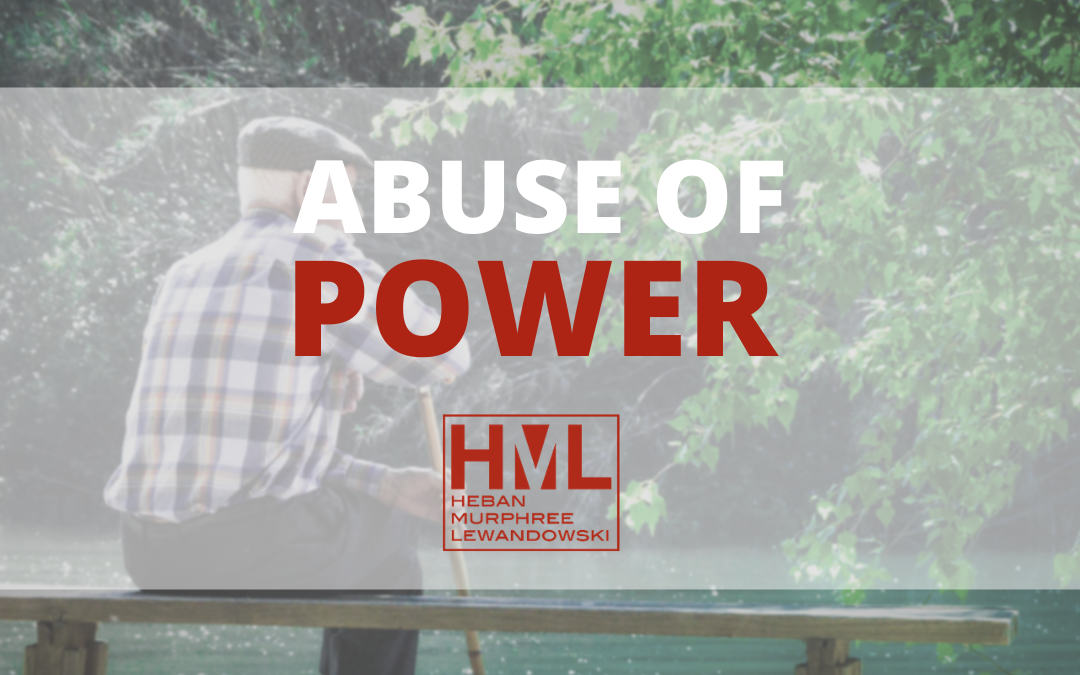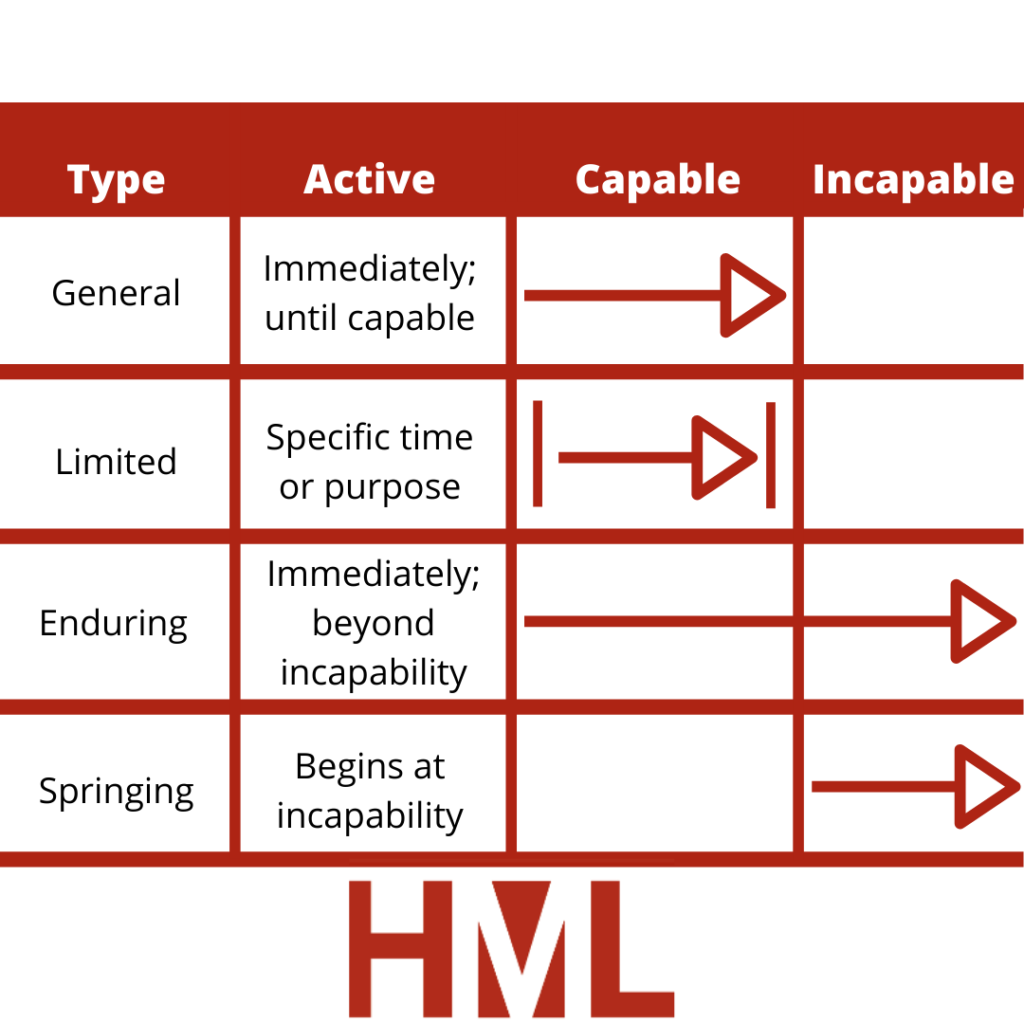- EXPERIENCED LAW FIRM IN TOLEDO, OH
- (419) 662-3100
Power of Attorney Abuse… What You Need to Know

Siblings Contesting a Trust… What You Need To Know
October 14, 2020
How to Handle Denied Life Insurance Claims
October 20, 2020POA Abuse
If you’ve granted someone Power of Attorney, the last thing you’re likely thinking is that the person you trusted would abuse power bestowed upon them.
You’ve likely put thought into who you would trust to make decisions on your behalf should you become incapable of making decisions on your own. That person is someone you trust with your finances, your accounts, and, ultimately, your life. There’s no way they would abuse that power, right?
Unfortunately, POA abuse is becoming far too common, and it’s happening right in front of your eyes.
What Is A Power of Attorney?
A Power of Attorney (often called a POA) is a legal document through which a donor authorizes an agent to act on the donor’s behalf. The terms of this legal document can limit this authority.
There are three common ways the authority granted to the agent will expire:
- The donor revokes the authority.
- The donor dies.
- The donor becomes incapable of making decisions or incapable of revoking the authority.
Specific Terms Commonly Used With POAs
When discussing Power of Attorneys, the terminology often used can be somewhat confusing to those not familiar with them. The terms listed below are commonly used in this specific area.
- Attorney or Agent – the person who acts on behalf of the donor’s behalf through a Power of Attorney
- Donor or Principal – the person who gives authority to another person to act on his or her behalf through the authority of the Power of Attorney
Types of Power of Attorneys
There are different types of POAs. Although the types listed below are the most common, they do not have to be mutually exclusive. Some types can overlap or have additional restrictions involved.
-
General POA
- Not a common type
- Effective immediately
- End at incapability or death
-
Limited POA
- Also not a common type
- Intended for specific purposes
- Active for limited periods of time
-
Enduring POA
- Most common type
- Active immediately
- Continues into incapability; often ends at death or revocation
-
Springing POA
- Somewhat common type
- Active at incapability or another trigger
- Often ends at death or if the donor becomes capable again
Examples of POA Abuse
Abuse of a Power of Attorney occurs when the attorney (or agent) misuses their position. This often happens when the agent makes decisions on the donor’s behalf that benefit the agent without the donor’s acknowledgment or consent.
An example of this type of misuse would be if the agent purchases a car for themselves using the donor’s identity and/or money without the consent of the donor.
Financial Abuse and Embezzlement
Often, the donor authorizes the agent full power over their finances. The agent could then misuse the finances and embezzle money into their own bank account. This is often done with a facetious story that the purchase or transfer of funds will somehow benefit the donor.
Identity Theft
With complete reign over the donor’s personal information, a shady agent could open new credit lines, bank accounts, or even investment accounts using the POA.
In this scenario, the agent could also make changes to the donor’s estate to later benefit themselves without consent from the donor. This type of behavior may fall under identity theft, fraud, forgery, or a combination of all three.
Medical Abuse
With the attorney’s power, the agent may neglect to get the medical treatment the donor needs to survive or live well.
Additionally, the agent could make unnecessary and expensive medical appointments and purchases, including, but not limited to, committing the donor into a nursing facility.
Whether or not intentionally harmful, these actions, or inactions, can be treated as POA abuse.
Breach of Fiduciary Duty
Fiduciary duty is appointed to an agent the moment the Power of Attorney is effective. It is the agent’s responsibility to keep the donor informed on their finances, medical information, and any other changes covered by the agreement.
Additionally, the agent must receive the donor’s consent before profiting from the donor’s finances or transferring any property.
If there is POA abuse evident, the victim of this abuse will often need help from government authorities or the courts to recover any money, property, or other lost assets. These types of abuses are considered vast and extremely serious.
If you believe you or a loved has fallen victim to Power of Attorney abuse or elder abuse, call our experienced attorneys here at Heban, Murphree & Lewandowski, LLC today for a free evaluation and consultation. We will see to it that you get the qualified representation you deserve.









